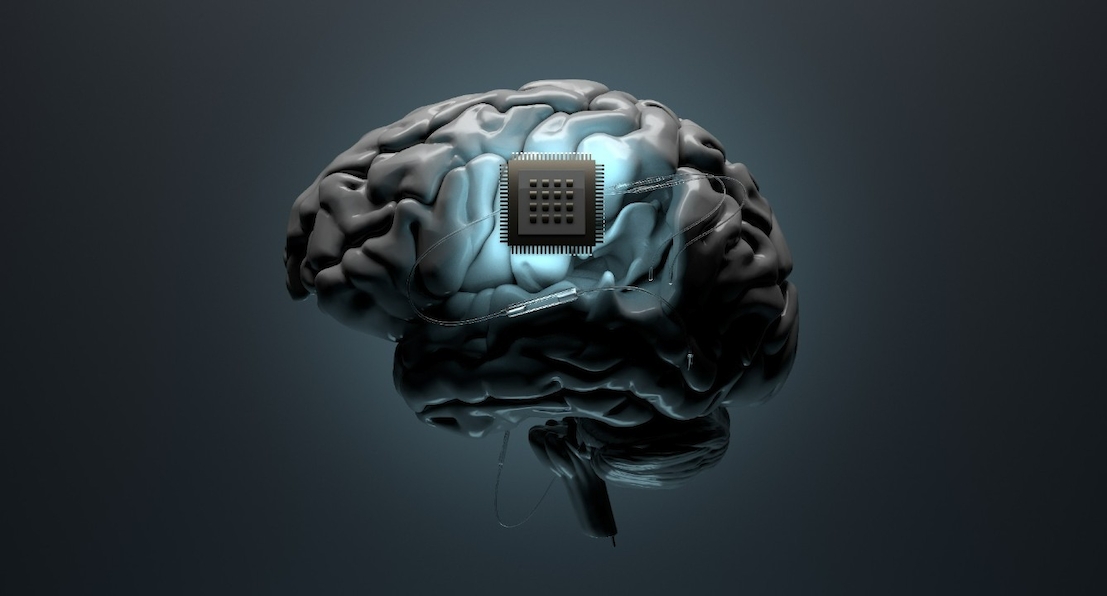How electrical stimulation can help treat the symptoms of neurological conditions

You can book for in-person attendance at Bookwhen, where you will also find the link for Zoom viewing.
Neurological conditions affect one in six people, imposing significant health, economic and societal burden. Bioelectronic medicine aims to restore or replace neurological function with the help of implantable electronic devices. Unfortunately, significant technological limitations prohibit these devices from reaching patients at scale, as implants are bulky, require invasive implantation procedures, elicit a pronounced foreign body response, and show poor treatment specificity and off-target effects. Over the past decade, novel materials and fabrication methods inspired from the microelectronics industry have been shown to overcome these limitations. Recent literature provides powerful demonstrations of thin film implants that are miniaturised, ultra-conformal, stretchable, multiplexed, integrated with different sensors and actuators, bioresorbable, and minimally invasive. This talk discuss the state-of-the-art of these new technologies and the barriers than need to be overcome to reach patients at scale.
Professor George Malliaras FRS, Prince Philip Professor of Technology, Department of Engineering, Cambridge University

George Malliaras is the Prince Philip Professor of Technology at the University of Cambridge (UK). Before joining Cambridge, he was a faculty member at Cornell University (USA), and School of Mines of St. Etienne (France). George’s research on bioelectronics has been recognized with awards from the European Academy of Sciences, the Materials Research Society, the New York Academy of Sciences, the US National Science Foundation, and DuPont. He received an Honorary Doctorate from the University of Linköping (Sweden) and is Fellow of the Royal Society, the Materials Research Society, Academia Europaea and the European Academy of Sciences.
Attending lectures
The lecture will be preceded by a short presentation from a CSAR PhD Award Winner.
Addressing complexity with the next generation technology
Dr. Nadia A. Erkamp, Eindhoven University of Technology
Thank you for your interest in CSAR and its programme. If you would like to help us maintain our activities at their current level, you can make a donation to CSAR here, via PayPal or a bank card. Your gift will by default go into our general income fund; if you would like it to be used for a specific purpose such as the PhD Students Awards scheme, please let us know at info@csar.org.uk. CSAR is a registered charity run by volunteers.